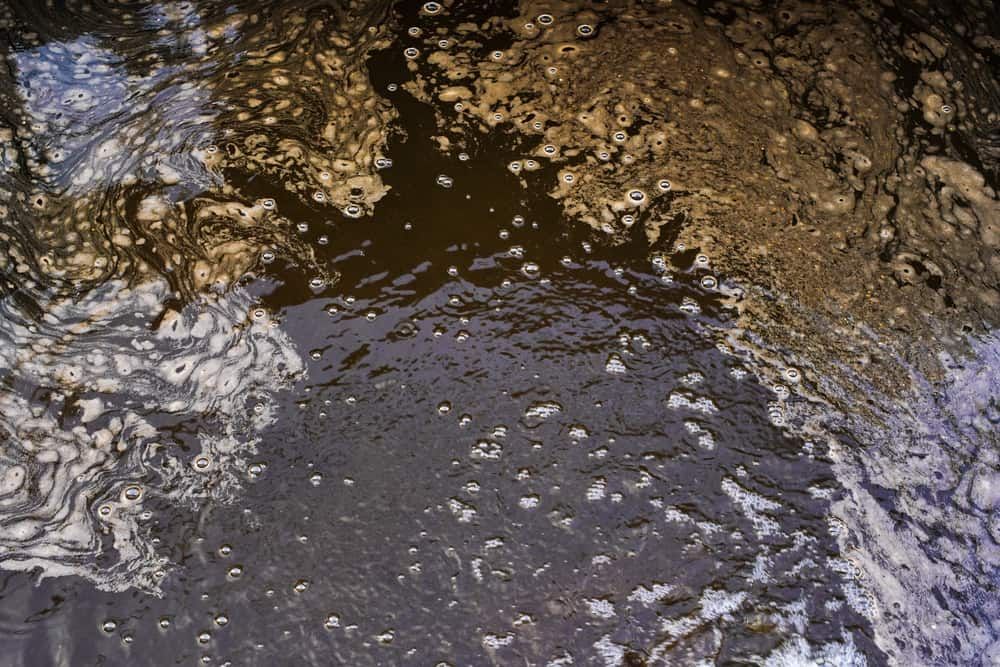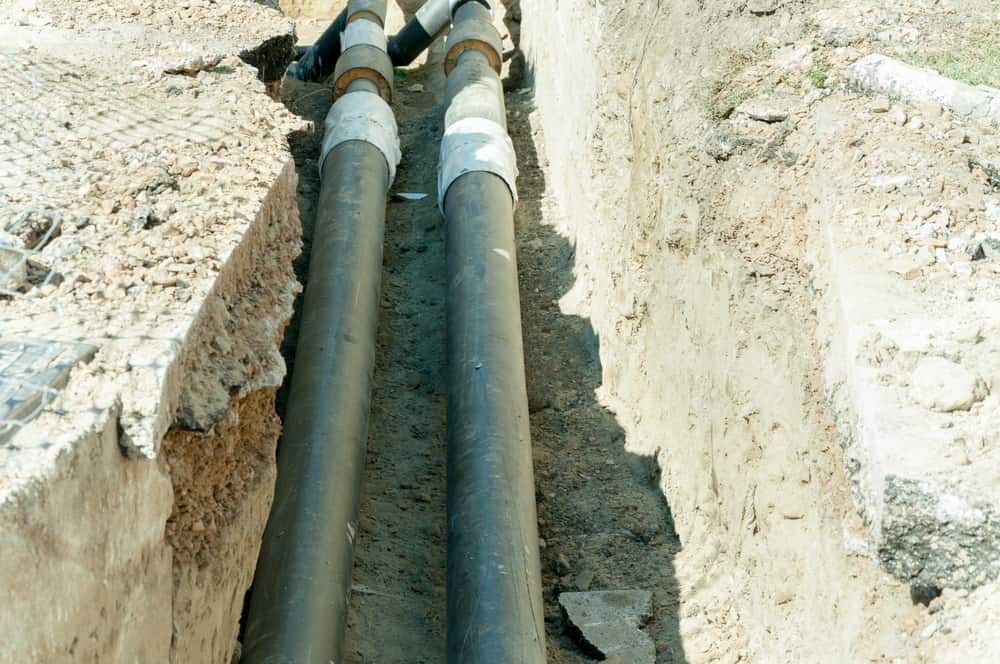Oily Water Treatment on the Mid North Coast
- Over 25 Years of Local Experience
- 24/7 Emergency Waste Services
- EPA Licensed & Council Approved
Mid North Coast Oily Water Treatment
Oily water is more than just a messy by-product — it’s a major compliance and environmental issue if not handled correctly. Whether you’re running a mechanic workshop, car wash, or industrial site, you need a reliable way to remove and dispose of wastewater that contains oil, grease, and sludge. That’s where Tony Gordon Septic Tank & Grease Trap Cleaning comes in. Based in Newee Creek, we offer licensed oily water treatment and removal across the Mid North Coast, helping local businesses stay clean, compliant, and operational.
We use purpose-built vehicles and EPA-approved disposal methods to collect oily water from pits, separators, and holding tanks. Our service is safe, efficient, and designed to minimise your business’s downtime.
Call us on
02 6568 1752 for expert assistance with oily water disposal or to schedule a clean out today.
Local, Licensed & Ready to Help
Oily water builds up fast in industrial and commercial environments, especially where there’s heavy vehicle use or equipment cleaning involved. If not removed routinely, it can cause blockages, odours, and even spill hazards. Worse still, improperly managed oily water can lead to hefty fines or shutdowns if it leaks into stormwater drains or the surrounding environment.
Our team handles everything from sump pits and wash bays to oil-water separators and holding tanks. We vacuum out the waste, transport it safely, and dispose of it at licensed facilities, meeting all regulatory standards along the way. Whether it’s part of a regular maintenance plan or an urgent clean-up, we get the job done right.
If your site produces oily wastewater, don’t wait until there’s a problem. We offer prompt, professional service with flexible scheduling to suit your needs.
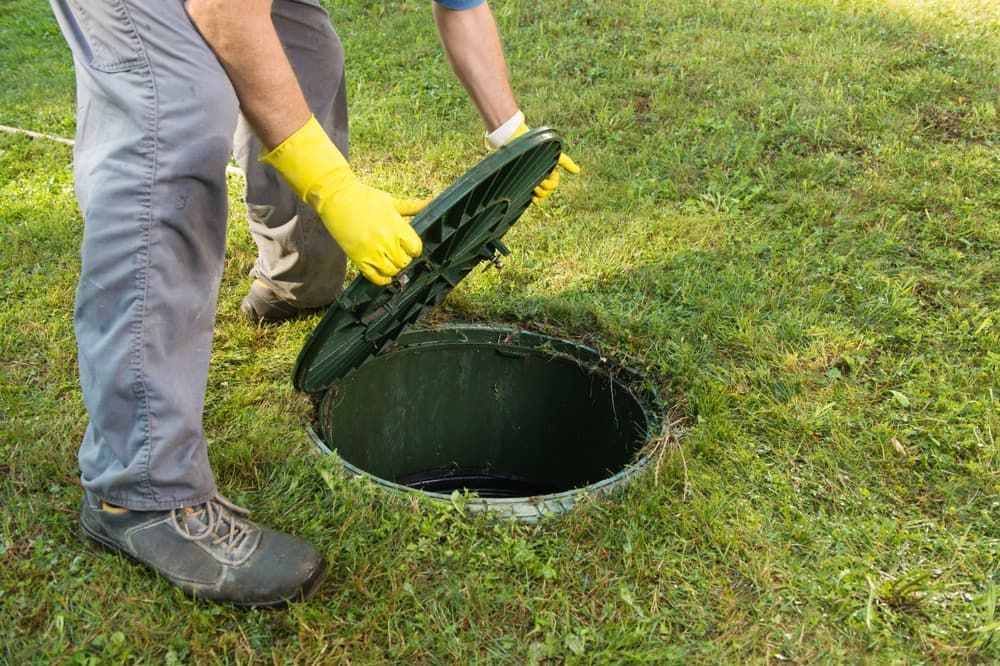
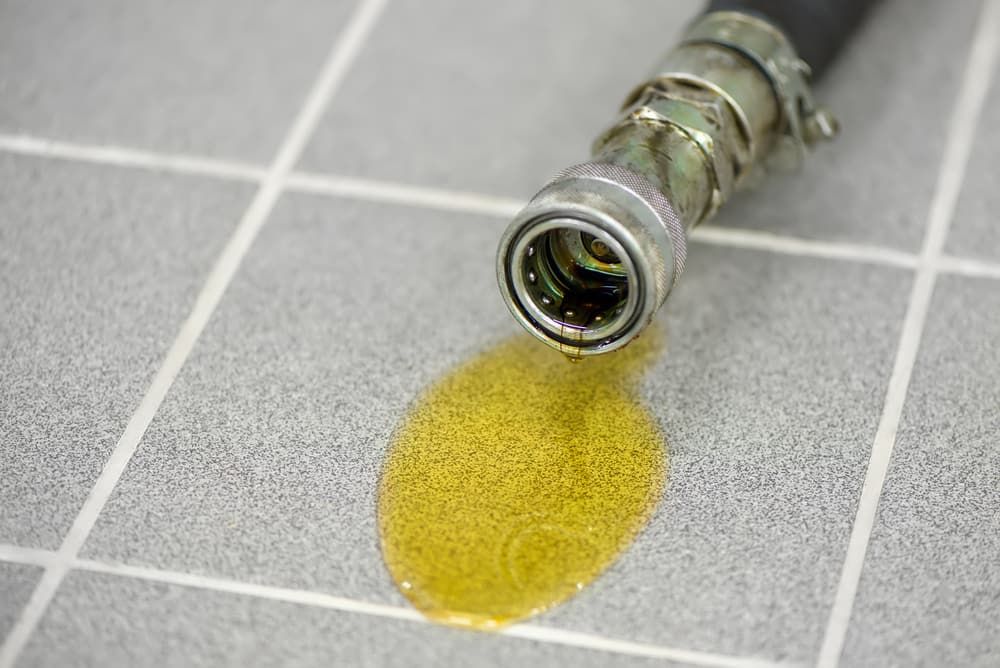
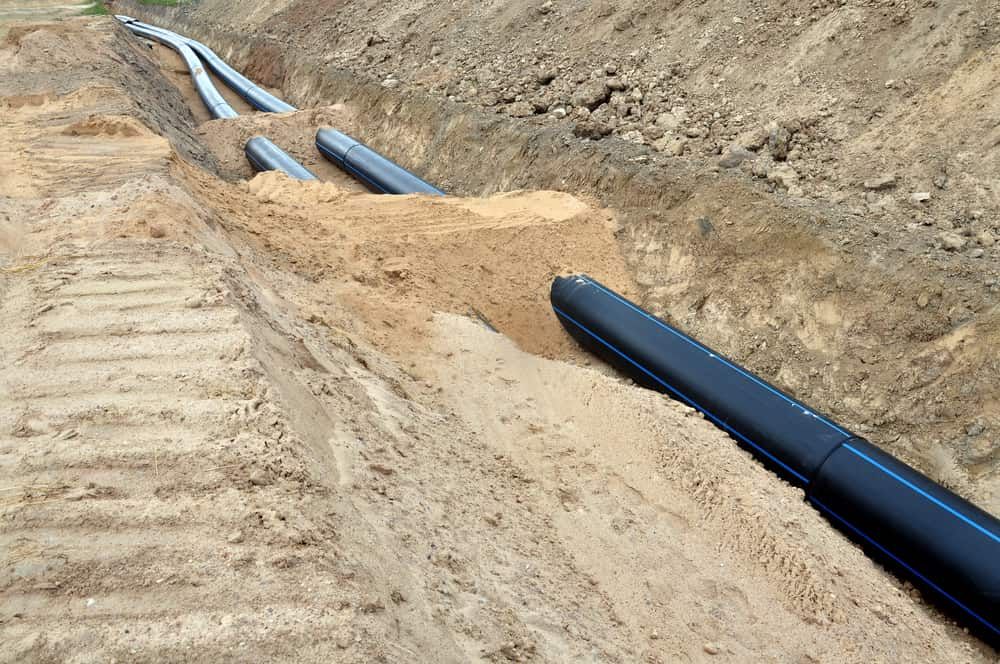
Frequently Asked Questions
What is oily water and why does it need to be treated?
Oily water is a mixture of water and petroleum-based substances such as oil, fuel, grease, or lubricants. It’s commonly produced in car washes, mechanic workshops, and industrial sites. If discharged untreated into the environment, oily water can pollute waterways, harm wildlife, and violate environmental regulations. That’s why proper collection, removal, and disposal by a licensed provider is essential.
How is oily water treated or removed?
Oily water is typically collected using vacuum trucks from holding tanks, sump pits, or separators. The liquid is then transported to an EPA-licensed facility where it’s processed and treated. This may involve separating the oil from the water using filtration or chemical processes before each component is safely disposed of or recycled in accordance with environmental laws.
How often should oily water pits or tanks be cleaned?
Cleaning frequency depends on the volume of waste produced and the type of business. High-traffic workshops or car wash bays may need servicing every few weeks, while smaller setups might only need cleaning every couple of months. Regular maintenance helps prevent overflow, pipe damage, and environmental breaches.
